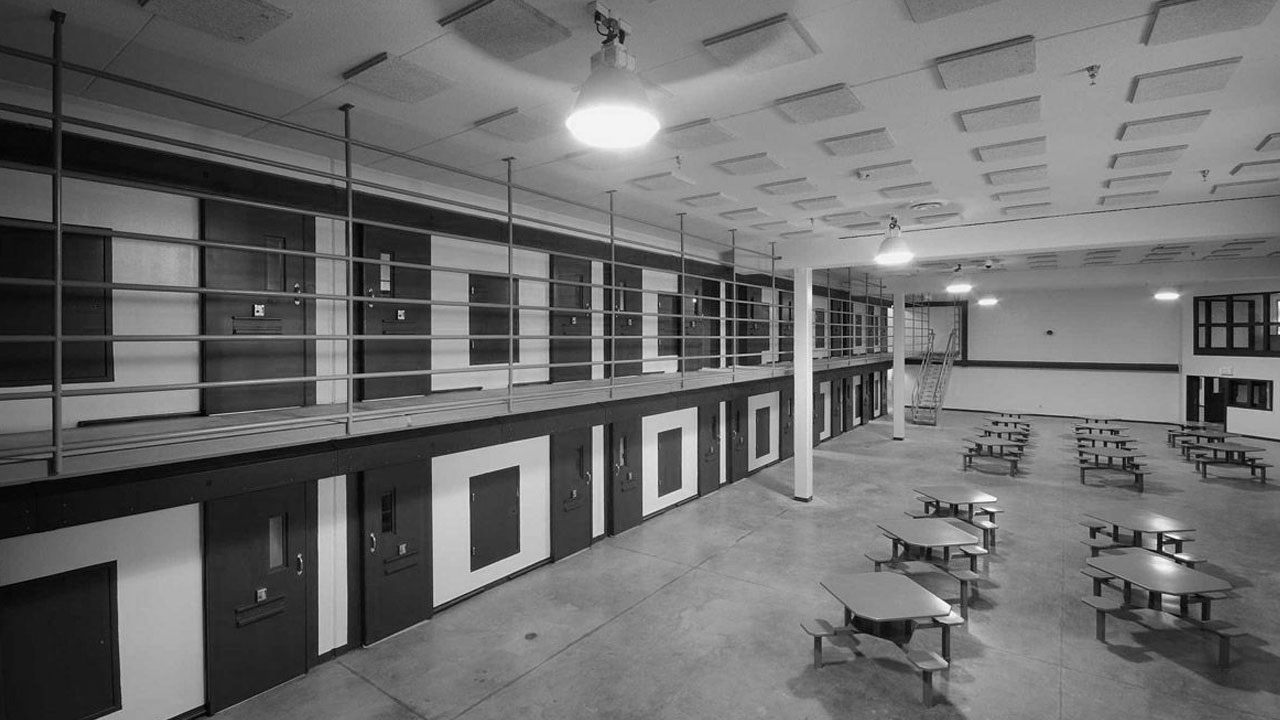The state of Mississippi closed one of the most dangerous prisons in America today, six years after the Southern Poverty Law Center and other advocates sued the state to protect youthful offenders from rampant violence and sexual assault at the facility operated by a string of private, for-profit companies.
The closing of the Walnut Grove Correctional Facility comes less than a month after the U.S. Department of Justice (DOJ) announced plans to phase out the use of privatized prisons, citing concerns about the lack of safety and effectiveness in comparison to government-run prisons.
“Good riddance to Walnut Grove, a cesspool sponsored by Mississippians’ tax dollars,” said Jody Owens, managing attorney in the SPLC’s Jackson, Miss., office. “Private prison contracts aren’t just bad investments, they are licenses for neglect and abuse. It is long past time for Gov. Bryant to take taxpayers’ money out of private prisons and put it into rehabilitative programs that prepare incarcerated persons for re-entry into society.”
The SPLC, along with the ACLU and Jackson-based civil rights attorney Robert McDuff, sued the Mississippi Department of Corrections in November 2010, alleging a culture of violence and corruption that endangered youths. Among them was a young man who suffered severe brain damage after being stabbed and beaten in a brawl that DOJ investigators later wrote had been “endorsed” by a guard who allowed prisoners “into an authorized cell to fight.”
At the time of the SPLC suit, the facility held teenagers as young as 13 and young men up to the age of 22. The DOJ had found that sexual abuse – including brutal youth-on-youth rapes and “brazen” sexual misconduct by prison staffers who coerced youths – was “among the worst that we have seen in any facility anywhere in the nation.”
In 2012, the SPLC and its co-counsel reached a settlement agreement that required the state to move children and teens into a separate facility and no longer subject them to solitary confinement. In approving the settlement, U.S. District Judge Carlton Reeves wrote that GEO Group Inc., the company operating Walnut Grove at the time, “has allowed a cesspool of unconstitutional and inhuman acts and conditions to germinate.”
The SPLC went back to court following two riots in 2015, and that led to a June 2015 decision by Reeves that found the state’s prison system was violating the constitutional rights of prisoners by failing to protect them from gangs that controlled the prison, often in collusion with guards. “The evidence … paints a picture of a facility struggling with disorder, periodic mayhem, and staff ineptitude which leads to perpetual danger to the inmates and staff,” Reeves wrote.
The judge ordered the state and Management and Training Corporation (MTC), the company then operating the prison, to implement basic safety measures to end gang control as well as violence against prisoners by guards.
Over the years, Walnut Grove, located about 65 miles northeast of Jackson, generated more than $100 million in revenue for the companies that operated it. Built with $41 million in taxpayer funds in 2001 and operated at a cost of more than $14 million per year, the facility came under private management in 2003 and then changed hands among several for-profit prison companies. In 2010, the GEO Group purchased Cornell Companies Inc., the prison’s operator since 2003; in 2012, MTC took over management from GEO Group.
The Mississippi Department of Corrections announced in June that it would close Walnut Grove. According to the Jackson Clarion-Ledger, some 900 prisoners will be transferred to prisons operated by the state. The state corrections commissioner, Marshall Fisher, told the newspaper his decision came as a result of strapped budgets and a reduced prison population.
“Maintaining these facilities benefits no one other than for-profit prison operators,” the SPLC’s Owens told the Clarion-Ledger at the time. “We urge state officials to take a closer look at other prisons for closure.”



